Report by Torsten Gross
A diverse group of young European researchers gathered in Brussels for the Standing up for Science workshop. We discussed the relationship between science and journalism, learned how scientific evidence supports the legislation of the European Commission, and explored our own possibilities for public outreach.
The value of science for society is evident for any researcher. But to promote it, the research community needs to actively engage in public debate. How this can be done was vividly discussed on March 6th in Brussels at the Standing up for Science EU workshop organized by the independent charity Sense about Science. Thanks to the support from the CompCancer PhD programme, I could join a group of about 30 European PhD students and PostDocs and participated in a series of panel discussions and team projects. Over the course of the day, we met science communicators, science journalists, and members of the European Commission.
We as scientists might hold a preconception that our work will eventually speak for itself. But Liesbeth Aerts, who is an active participant in the debate on animal testing, made clear that: ''if you don't speak up, no one else will''. Evolutionary geneticist Maarten Larmuseau agreed and added that public engagement can even feed back into your own research. After he started writing newspaper articles and blog posts, citizens approached him to have their DNA sequenced.
Yet academics and journalists need to bridge a cultural divide, as remarked by science writer Catherine Collins. For instance, a science news article or feature must immediately convey why the subject matter is important to the general audience. Nicholas Wallace made it clear: ''One of the top three sentences should be the 'why should I care?' sentence." Also, Pauline Bock explained that if you do not answer emails immediately, journalists will not be able to reach their deadlines and lose interest in you.
Particularly interesting insides story were then given by Jeremy Bray and Toby Wardman from the Scientific Advice Mechanism of the European Commission. They explained how the Commission brings together scientists from over 100 academies and societies across Europe so that policy decisions can be based on scientific evidence.
We continued the discussion in some of Brussels many pubs and restaurants until early in the morning. As we shared our stories and made new friends, I understood that in order to base future public debates on evidence, the scientific community needs to speak up.
